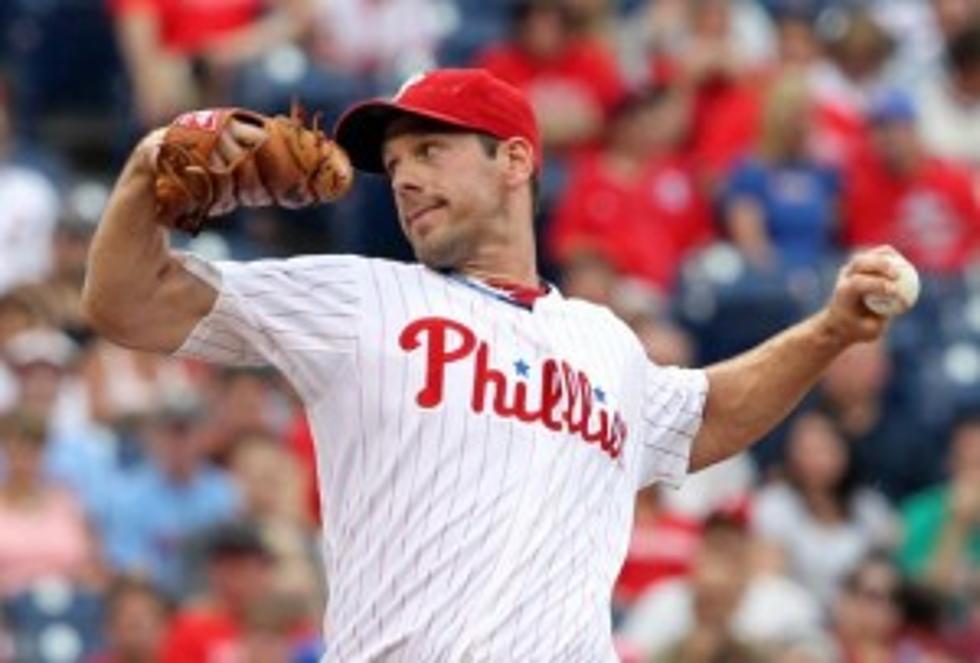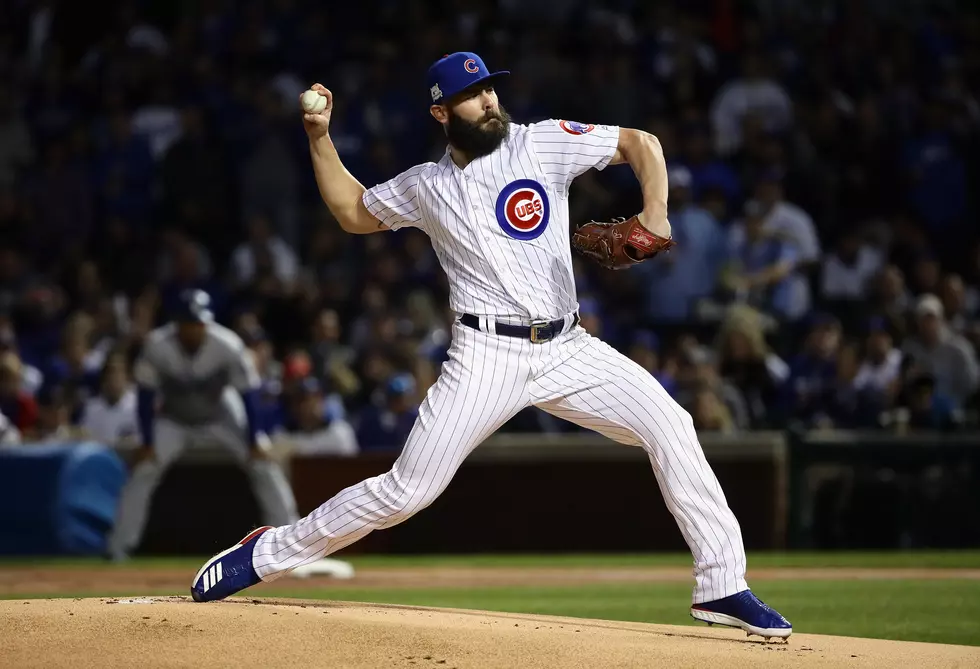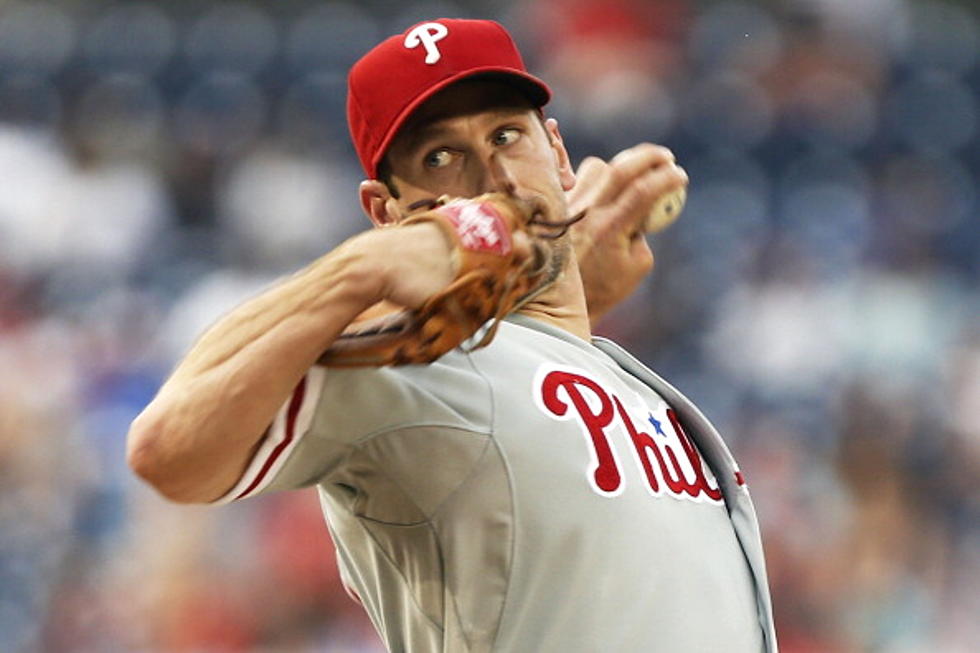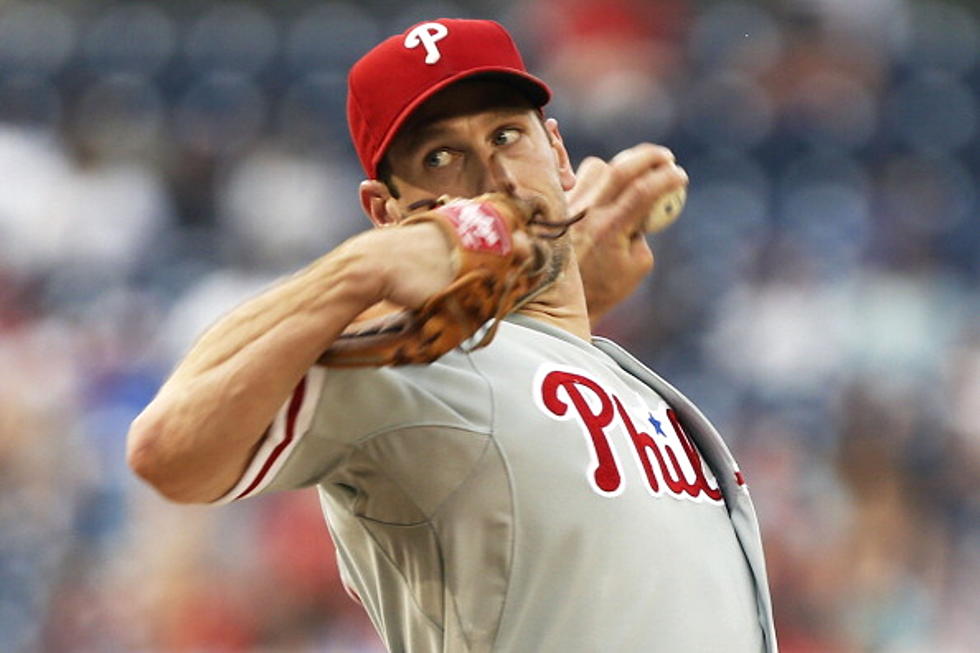
What Happened To The Market For Cliff Lee?
On the surface, the bottoming out of the market for Cliff Lee makes perfect sense.
That the 34-year-old is due a minimum of $87.5 million through 2016 is a good place to start. Yet more appropriate -- if puzzling -- is the perception of his future ability, especially considering (1) the Phillies would need to eat some of his contract and (2) doing so would put Lee's average annual value just above that of the deals Kyle Lohse, 34, and Ryan Dempster, 36 are likely to sign in free agency.
To many, Lee's 6-9 record a year ago was troubling, but not nearly as much as his 3.16 ERA that ballooned up from a 2.40 ERA the year before -- even though it was actually better than the 3.18 ERA from just two years ago that earned him the five-year, $120 million deal from the Phillies in the first place. Explain that.
No, Lee isn't damaged goods. In fact, that his best month of the season was not only his second-to-last, but also coincided with the Phillies flickering playoff hopes -- he went 3-1 with a 1.04 ERA in September -- should suggest otherwise.
The Phillies know that, and that's why their asking price for Lee was so unreasonably high at last year's trade deadline and waiver period. It's also why Tyler Cloyd, who was actually included in the deal for Wilton Lopez deal that fell through last week, has already been shopped, most recently in talks for Rockies center fielder Dexter Fowler.
Given the uncertainty about the rotation -- among it, Roy Halladay's shoulder, Vance Worley's elbow, Kyle Kendrick's sustainability-- dealing Cloyd would make Lee inexpendable. Yet, the Phillies seem fine with that, despite the drawbacks.
There are, of course, drawbacks.
The money Lee is due over the next four years, for example, is almost identical to the terms of the contract figured to land free agent outfielder Josh Hamilton, $100 million for four years. Granted, for a team committed to $123 million for seven players, Hamilton might represent frivolity they can no longer afford, and, given the way recent investments have betrayed them, no longer want.
Such cost considerations would also figure to preclude Philly from making a push for free agent corner outfielder Nick Swisher, who, even though he's reportedly Jayson Werth money ($126 million over seven years) would enable moving Domonic Brown to center -- a move that would maximize Brown's value for his position -- to round out an outfield likely to feature Darin Ruf at left.
Further, Lee -- who may be enough to pry from Texas top third-base prospect Mike Olt -- represents a saving grace for a Phillies team that might otherwise be forced to waste on free agent third baseman Kevin Youkilis, who over the last three years has missed more games (144) than Placido Polanco (142).
Still, the Phillies seem content with keeping Lee. We know that because, outside of their willingness to trade Cloyd, (1) Amaro has steadfastly asserted that he's OK with waiting until "January or February or March" to address their needs and (2) haven't yet actively started shopping Lee, the number of suitors for whom obviously whittles as the free agent and trade markets play out.
All that said, why, then, hasn't anyone else picked up the phone?
Part of that is likely due to team's assumptions about the Phillies demands from last year's trading period. More, of course, has to do with the $4.5 million due in 2013 to James Shields in the last year of his deal with the Rays, who, being that they can't afford him, are incredibly desperate to move him (meaning that they will) and disleveraged in doing so (meaning that they will for cheap).
This, of course, will all be turned on its head once Greinke and Shields find homes, and teams like the Red Sox, Dodgers and Rangers consider their chances with and without another premier starter like Lee, who you'd figure to be the type to incite last-ditch efforts of desperate teams to pad their roster.
That, though, is not typically how markets that are more often settled sooner rather than later play out.
Then again, the less-than-typical market for Lee has already assumed a less-than-typical market feel.
More From 97.3 ESPN









